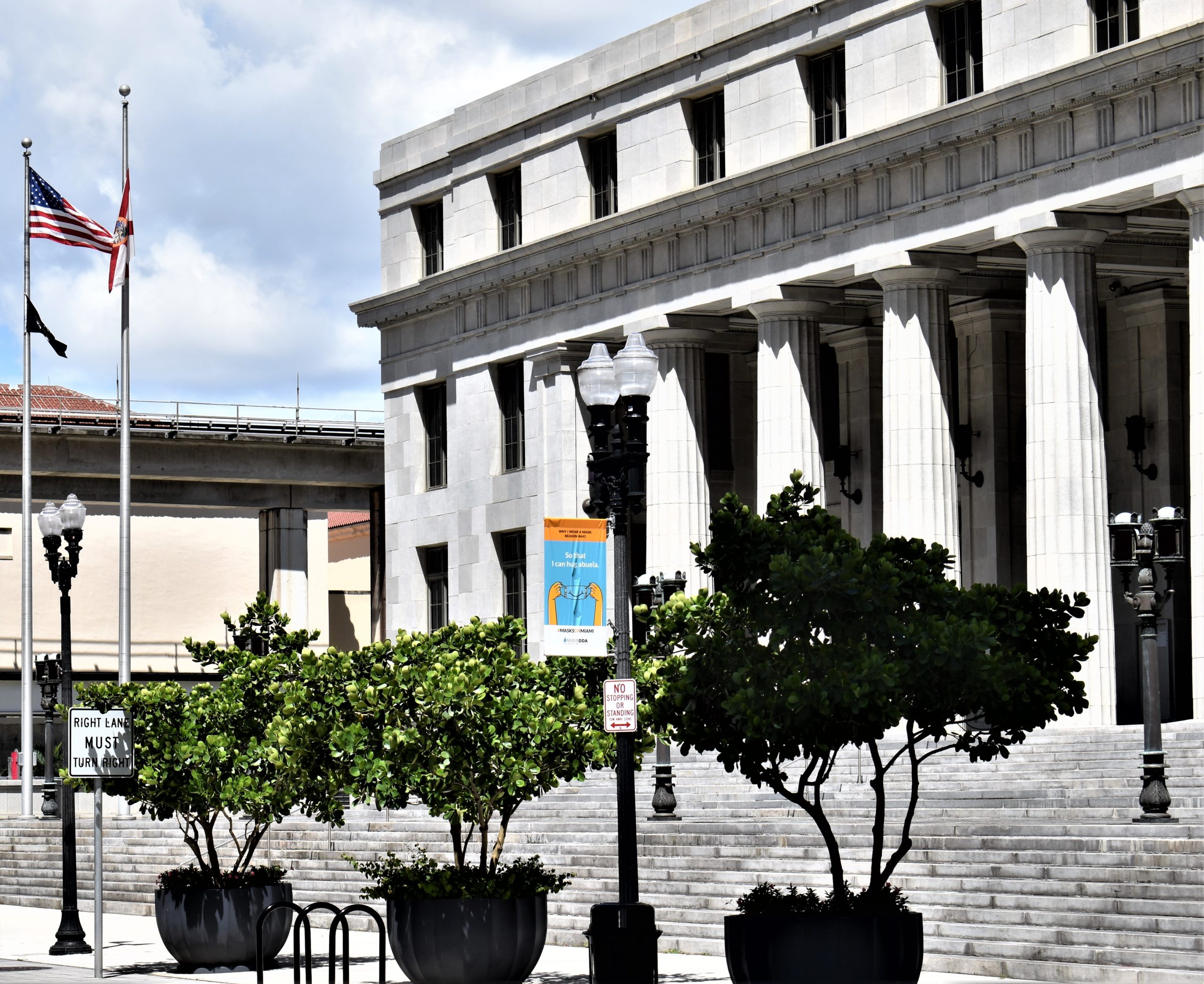
Many times, you have to make a claim in a Florida probate or estate to get your money. That’s if you are considered a “creditor.” On the other hand… Often, if you are beneficiary or an executor, you have to deal with those creditors and estate claims. Should you pay them? Are they valid? You can OBJECT to those claims if appropriate. This Florida Probate Commentary will deal with estate claims. To read more about making a claim, you can click HERE. Now, let’s find out quickly and concisely what you need to know. Estate Claims — what are they and how do I get paid? Estate claims are claims made against a deceased Florida resident. They are sometimes referred to as creditors claims. Why? If you are owed something from a dead person, you are her creditor. A creditor’s rights and status are different than those of a BENEFICIARY. Since the Florida resident (who owes you something ) is now dead, you have to make your claim against her estate. What is an estate claim? Think of a claim as an assertion of a right. It may be a right to get re-paid, like from a loan you made to the dead person. Or it may be a right to buy certain property. Think real estate or an interest in a Florida LLC when a member dies. How do I do make my claim? File Your Claim ! If you are owed any money from someone who died, you […]







